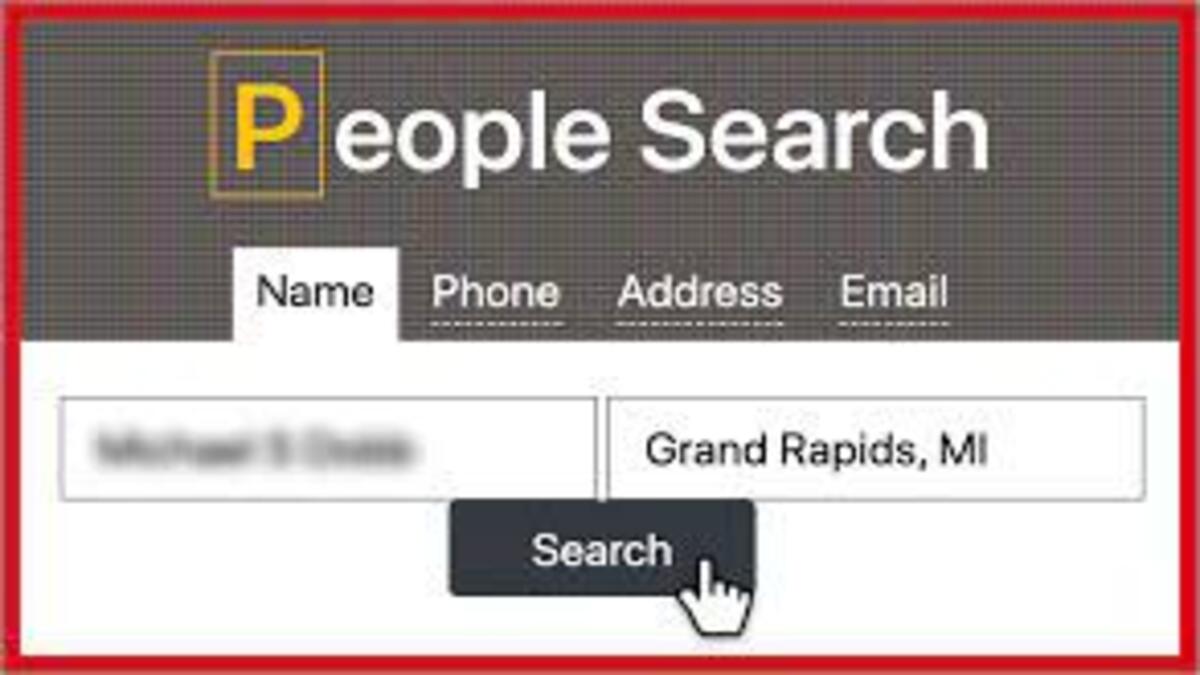In an increasingly digital world, the ability to access information about individuals quickly and conveniently has become a double-edged sword like searchpeoplefree. While the internet offers remarkable tools for connecting with people, conducting research, and retrieving information, it also raises questions about privacy, security, and ethical boundaries. One such tool is SearchPeopleFree, a platform that promises to provide information about individuals at no cost. In this article, we will delve into the power and pitfalls of SearchPeopleFree, exploring its benefits, potential risks, and the broader implications it holds.
The Power of Information Retrieval SearchPeopleFree
SearchPeopleFree is one of several online tools that offer free access to basic information about individuals. Its primary function is to aggregate publicly available data from various sources, such as social media, public records, and other online platforms. This information may include names, addresses, phone numbers, email addresses, and even a person’s online presence. The appeal of such platforms lies in their convenience; they provide a one-stop shop for gathering information that might otherwise take hours or even days to compile manually.
One of the undeniable benefits of SearchPeopleFree is its potential usefulness in reconnecting with old friends or family members. It can serve as a means of locating individuals with whom you may have lost contact, bridging distances and rekindling connections that may have otherwise remained dormant.
Additionally, these tools can be valuable for conducting basic research. Whether it’s checking the background of potential employees, verifying the identity of online acquaintances, or even investigating potential romantic partners, the information provided by SearchPeopleFree can help users make more informed decisions.
The Pitfalls and Ethical Concerns
While the convenience of SearchPeopleFree is apparent, it also raises serious ethical concerns and potential pitfalls. The first and foremost concern is privacy. The aggregation of personal information from various sources, often without the individual’s knowledge or consent, infringes upon the right to privacy that everyone deserves. This can result in the misuse of personal data, putting individuals at risk of identity theft, stalking, harassment, and other malicious activities.
Another ethical dilemma pertains to accuracy. Information retrieved from SearchPeopleFree may not always be up-to-date or accurate. This can lead to misunderstandings, false accusations, and even reputational damage. Relying solely on these platforms for important decisions can lead to unintended consequences.
Furthermore, the ease of access to personal information can encourage cyberbullying, doxxing, and harassment. In a world where online interactions can quickly escalate, the availability of such information can amplify the harm caused by malicious individuals.
Balancing Access and Responsibility
As we navigate the era of information accessibility, it’s crucial to strike a balance between the benefits of tools like SearchPeopleFree and the responsibilities we have toward ethical behavior. Users should exercise caution and responsibility when using these platforms, being mindful of the potential harm their actions might cause.
From a regulatory perspective, there is a need for clearer guidelines on data aggregation and privacy. Stricter regulations can help protect individuals’ personal information, ensuring that platforms like SearchPeopleFree adhere to ethical standards and legal requirements.
One significant step towards addressing the ethical concerns associated with platforms like SearchPeopleFree is to emphasize the importance of informed consent. Individuals should have a say in how their personal information is used and shared. This implies that any platform that aggregates and displays personal information should make it clear how the information was obtained and for what purposes it will be used.
Furthermore, individuals should have the right to opt out of having their information displayed on such platforms. Providing an easy and accessible method for opting out can give people more control over their online presence and mitigate potential risks.
Educating Users on Privacy
Education plays a pivotal role in promoting responsible use of online tools. Many users may not be fully aware of the potential consequences of sharing their personal information online. Therefore, there’s a need for comprehensive digital literacy programs that educate individuals about online privacy, the risks of oversharing, and the ways to protect themselves from potential harm.
Industry Responsibility
Beyond individual responsibility, the companies operating these platforms also have a significant role to play. They should adopt transparency practices, clearly explaining their data collection methods, sources, and purposes. Regularly updating and purging outdated information from their databases can help ensure the accuracy of the information they provide.
Furthermore, platforms should be prepared to swiftly respond to requests for the removal of inaccurate or outdated information. By addressing these concerns, these companies can demonstrate their commitment to ethical data practices and user privacy.
Legal and Regulatory Action
Government agencies and policymakers should collaborate to establish clear legal frameworks governing the collection, storage, and dissemination of personal information through platforms like SearchPeopleFree. These regulations should strike a balance between enabling access to information and safeguarding individual privacy. Legal consequences for misuse of information and failure to adhere to ethical standards can act as deterrents against unscrupulous behavior.
Conclusion
SearchPeopleFree, as an exemplar of information aggregation platforms, reflects both the promise and perils of the digital age. It grants us the power to connect, research, and gather information, but it also challenges our sense of privacy and ethics. As we move forward in this digital era, it’s imperative that we recognize the responsibility that comes with wielding such power.
Balancing the advantages of information accessibility with the rights of individuals requires a collaborative effort. Individuals, platform operators, policymakers, and educators all have crucial roles to play in ensuring that the benefits of digital information are realized without sacrificing personal privacy and security. In the pursuit of a more ethical and responsible digital landscape, informed consent, education, industry transparency, and well-defined regulations will serve as guiding lights. Only by embracing these principles can we harness the potential of tools like SearchPeopleFree for good while safeguarding the fundamental rights of individuals.
SearchPeopleFree and similar platforms offer undeniable convenience in gathering information about individuals. However, the power they hold must be wielded responsibly. The ethical concerns surrounding privacy, accuracy, and potential misuse cannot be ignored. As individuals, we should be cautious about how we use these tools and consider their implications for privacy and security. In the grander scheme of things, striking a balance between access to information and respecting individuals’ rights will be key to navigating the complexities of the digital age.

 Health2 years ago
Health2 years ago
 Tech1 year ago
Tech1 year ago
 Entertainment2 years ago
Entertainment2 years ago
 Entertainment2 years ago
Entertainment2 years ago
 NEWS2 years ago
NEWS2 years ago
 Games1 year ago
Games1 year ago
 Apps2 years ago
Apps2 years ago
 Games2 years ago
Games2 years ago







1 Comment